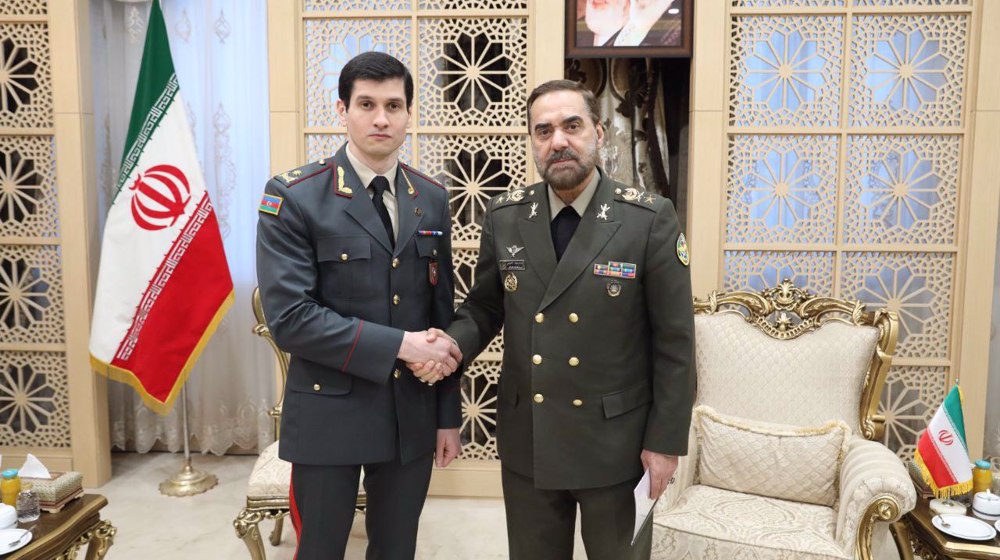Nepal police shoot dead five anti-charter protesters
Police in southern Nepal have shot dead at least five people in a series of violent clashes with angry demonstrators protesting against a proposed new national constitution, security sources say.
The casualties were caused after police opened fire Tuesday on members of an ethnic group demanding a new province in the country's draft constitution.
Police official Kamal Singh Bam said at least four members of the Madhesi community lost their lives after security forces opened fire in the town of Birgunj, located about 160 kilometers south of the capital, Kathmandu.
The official accused the protesters of violating a curfew order and attempting to attack the police station in the troubled region.
Another protester was killed in Kalaiya town, just east of Birgunj during anti-charter protests.
Meanwhile, some reports indicate that several protesters were also injured during the violent clashes.
The ethnic Madhesi protesters want a province named after their group in the area. Nepal has experienced a series of violent protests in recent days by various groups demanding statehood in the draft constitution.

Also on August 24, angry protesters from the indigenous Tharu community armed with spears and knives killed seven police officers in Tikapur town, located about 420 kilometers west of Kathmandu.
The new national constitution aims to restructure Nepal as a federal state made up of seven provinces, and draw a line under a decade-long civil war that ended in 2006.
A series of protests have continued to rock parts of the country, signaling that the new charter is not likely to allay the concerns of the country’s many marginalized groups.
This is while local administrations have already imposed overnight curfews in several districts to prevent street demonstrations.
In early June, Nepal’s major rival political parties, spurred on by a devastating earthquake, reached a historic agreement to end years of deadlock on a new constitution for the country. Four parties – two ruling and two opposition – inked a historic deal, including a settlement on federalism, the main bone of contention among political parties.
Regional parties have long pushed for the creation of new provinces, which would favor historically marginalized communities. Other parties saw the demand as divisive and threatening national unity.
However, experts say the agreement leaves the issue of provincial borders unresolved, an omission which could create future problems.
The protesters argue that the new internal borders will discriminate against historically marginalized communities including the Madhesi ethnic group.
Diplomat discourages recourse to pressure, intimidation, confrontation against Iran
UN: 2024 deadliest year for aid workers amid genocide in Gaza
Gaza health official warns of hospital shutdowns within 48 hours
Israel kills 5 more paramedics in southern Lebanon: Health ministry
Iran to launch ‘new, advanced’ centrifuges in response to IAEA resolution: AEOI
Yemen fires hypersonic missile at Israeli airbase
VIDEO | New Delhi chokes under toxic smog as air quality remains at hazardous levels
VIDEO | Press TV's news headlines










 This makes it easy to access the Press TV website
This makes it easy to access the Press TV website